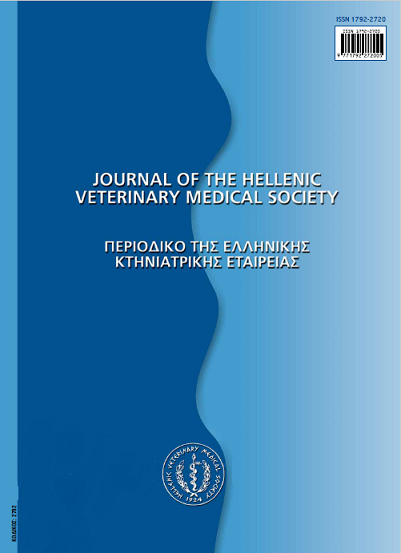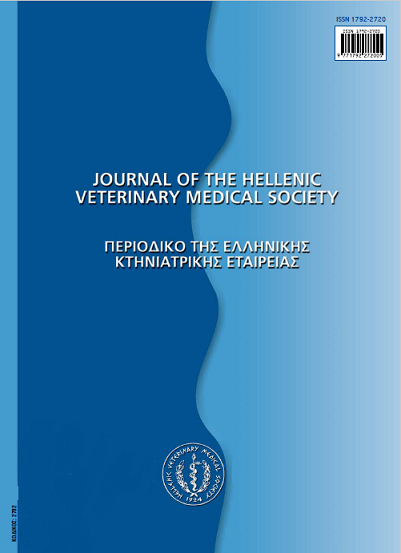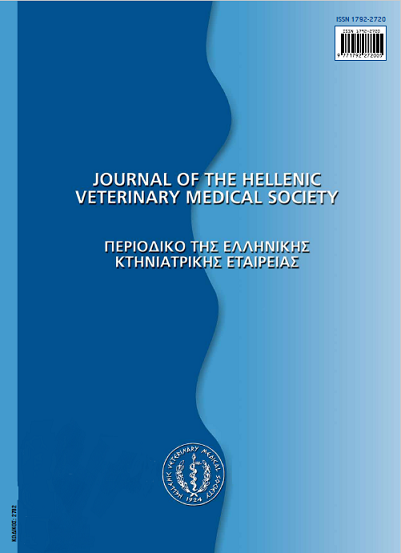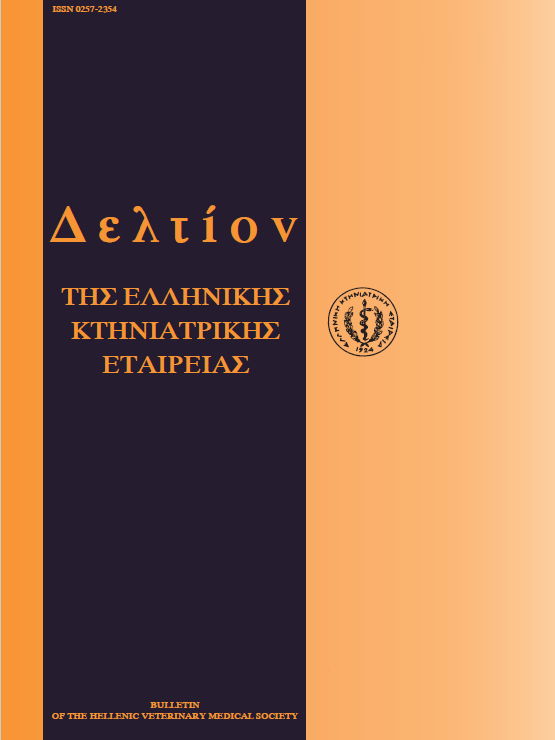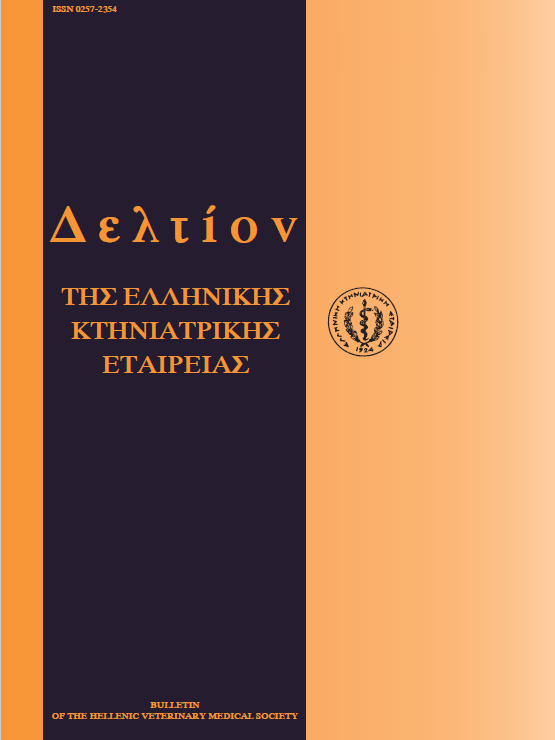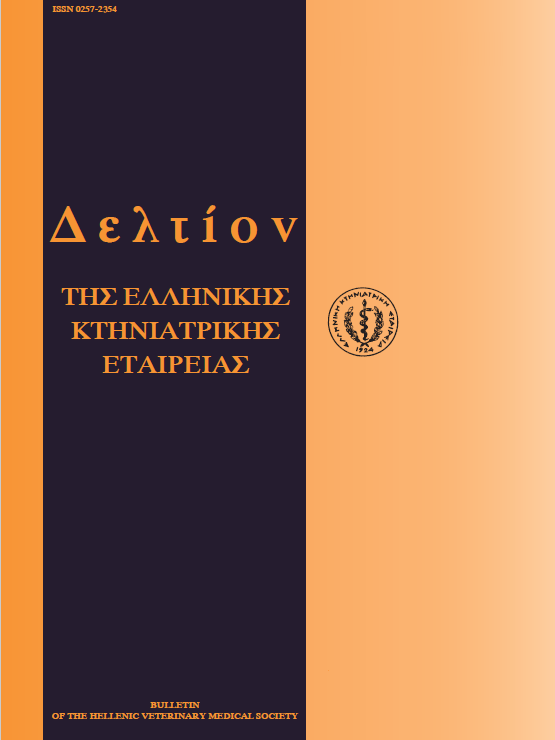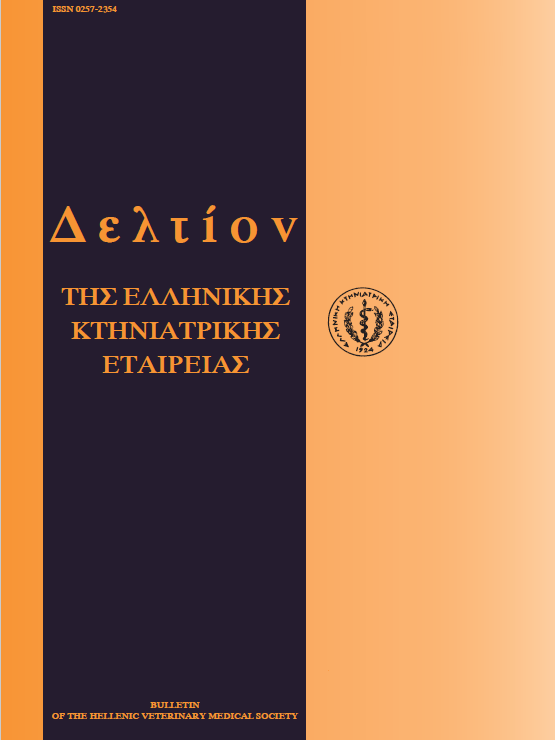Production of low-salt restructured Mediterranean horse mackerel (Trachurus mediterraneus) using microbial transglutaminase/caseinate system
Abstract
Low-salt restructured fish products without cooking were prepared from Mediterranean horse mackerel using varying levels of NaCl (0-control, 10 and 20 g/Kg) and microbial transglutaminase (MTG) (0-control, 5 and 10 g/Kg). Restructured products with the highest textural strength and sensory acceptability were obtained at 1% MTG and 2% NaCl. The use of MTG made the low salt (1%) product comparable to one prepared with 2% NaCl only. WHC was not affected by MTG at 0% NaCl. The microbiological analysis (Total Viable Bacteria, Shewanella putrefaciens, Pseudomonas spp. and Enterobacteriaceae) suggests a relatively short shelf-life (< 4 days) at refrigeration temperature (2±2ºC). The cooked restructured products received more favourable scores with increased levels of MTG and NaCl.
Article Details
- Come citare
-
TZIKAS (Ζ. ΤΖΗΚΑΣ) Z., SOULTOS (Ν. ΣΟΥΛΤΟΣ) N., AMBROSIADIS (Ι. ΑΜΒΡΟΣΙΑΔΗΣ) I., LAZARIDOU (Α. ΛΑΖΑΡΙΔΟΥ) A., & GEORGAKIS (ΣΠ. ΓΕΩΡΓΑΚΗΣ) S. (2018). Production of low-salt restructured Mediterranean horse mackerel (Trachurus mediterraneus) using microbial transglutaminase/caseinate system. Journal of the Hellenic Veterinary Medical Society, 66(3), 147–160. https://doi.org/10.12681/jhvms.15858
- Fascicolo
- V. 66 N. 3 (2015)
- Sezione
- Research Articles

Questo lavoro è fornito con la licenza Creative Commons Attribuzione - Non commerciale 4.0 Internazionale.
Authors who publish with this journal agree to the following terms:
· Authors retain copyright and grant the journal right of first publication with the work simultaneously licensed under a Creative Commons Attribution Non-Commercial License that allows others to share the work with an acknowledgement of the work's authorship and initial publication in this journal.
· Authors are able to enter into separate, additional contractual arrangements for the non-exclusive distribution of the journal's published version of the work (e.g. post it to an institutional repository or publish it in a book), with an acknowledgement of its initial publication in this journal.
· Authors are permitted and encouraged to post their work online (preferably in institutional repositories or on their website) prior to and during the submission process, as it can lead to productive exchanges, as well as earlier and greater citation of published work.

